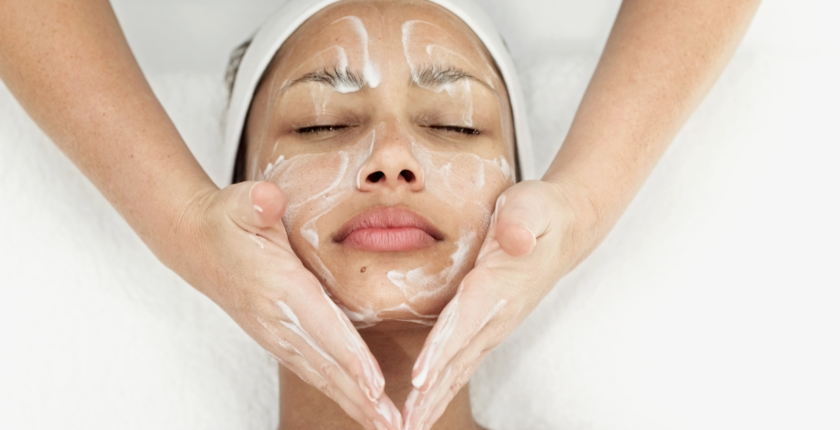Hard Skills and Soft Skills of Facial Therapists
Hard Skills of Facial Therapists
Skin Analysis and Assessment
Mastery in skin analysis is a fundamental hard skill for facial therapists. The ability to accurately assess skin conditions, identify concerns, and prescribe suitable treatments based on individual needs forms the cornerstone of their technical expertise.
Treatment Techniques and Procedures
Proficiency in a myriad of treatment techniques is crucial. From cleansing and exfoliation to extraction, specialized massages, mask applications, and moisturization, facial therapists need comprehensive knowledge and skill in executing these procedures effectively.
Product Knowledge and Application
A deep understanding of skincare products, their ingredients, and their effects on different skin types is imperative. Being able to recommend and apply suitable products tailored to each client’s needs enhances treatment efficacy and client satisfaction.
Specializations and Advanced Techniques
Continual learning and mastering advanced techniques or specialized treatments further distinguish exceptional facial therapists. Acquiring certifications in areas like microdermabrasion, chemical peels, or utilizing cutting-edge technology elevates their skill set.
Soft Skills Essential for Facial Therapists
Communication and Interpersonal Skills
The ability to communicate effectively and empathetically is crucial. Building rapport, actively listening to clients’ concerns, and providing clear explanations about treatments foster trust and ensure a positive client experience.
Empathy and Emotional Intelligence
Facial therapists need empathy to understand clients’ emotional states and cater to their needs sensitively. Emotional intelligence aids in managing clients’ expectations and ensuring they feel heard and cared for during treatments.
Patience and Adaptability
Dealing with diverse clients and their unique skincare concerns requires patience and adaptability. Being flexible in approach and adapting treatments based on clients’ feedback or changing conditions is a hallmark of a skilled facial therapist.
Problem-Solving and Attention to Detail
Facial therapists must exhibit strong problem-solving skills. Addressing unexpected skin issues during treatments and paying meticulous attention to detail ensures optimal results and client satisfaction.
The Harmony of Hard and Soft Skills in Facial Therapy
Achieving Balance for Client Satisfaction
The synergy between hard and soft skills is pivotal in creating a holistic experience for clients. Technical expertise ensures effective treatments, while soft skills contribute to a comfortable, personalized, and emotionally supportive environment.
Building Long-Term Client Relationships
The amalgamation of these skills enables facial therapists to not only deliver exceptional treatments but also build lasting relationships. Clients seek professionals who not only understand their skin but also make them feel valued and understood.
In essence, the success of facial therapists hinges upon a harmonious blend of hard skills, representing technical proficiency, and soft skills, epitomizing emotional intelligence and interpersonal finesse. Mastering the technical intricacies of skincare treatments coupled with nurturing interpersonal qualities empowers facial therapists to transcend mere beauty services. They become holistic caregivers, fostering trust, confidence, and a profound sense of well-being in their clients.


